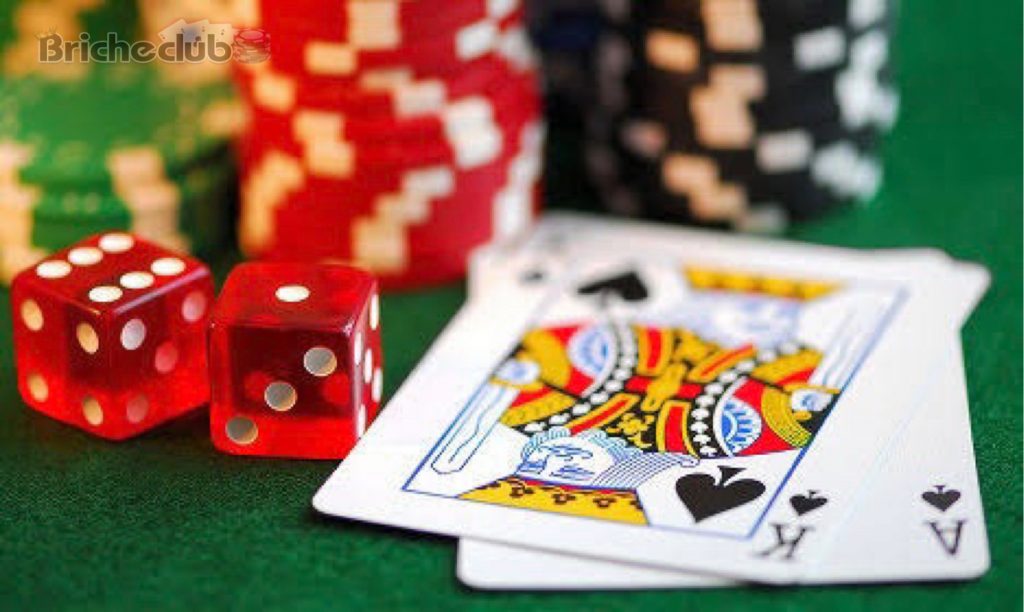When playing poker, even at live events, many players tend to fall into a pattern that can be difficult to overcome. In a previous article, I talked about predictability as a poker player’s biggest poker death. This is somewhat true, but because of predictability, even the best of players can lose due to predictable play.
Predictability
Bet predictable raises, calls, or checks. Anything else, including tactical play, is just beating your opponent at his own game. Even pros will occasionally check, call, or raise with nothing, simply because they know bet their weak hands will have value later on. Many new players will fall into the trap of playing tooFilly, or passing with nothing when they should really be checking or calling.
Even with strong hands, you should assume your opponent has a ready made read on you. So, if you are raising pre-flop with hands like jackal/dash/jack, and your opponent immediately calls after the flop, he’s probably considering aces. Versus many other players, he isn’t 100% wrong, and calling your raise or check is probably a bit much.
swooping low limit players
Many new players come into the game as free agents, or don’t really have a strategy in the sense of calling raises with marginal hands. Against these players, you should be taking up low limit poker players’ bets, not raising your hands. Attack the fundamentals first, and as you build your stack, you can force players out of the pot with bigger hands. paycheck queens and kings, by far the best starting hands against low limit players. No minimum deposit
Your goal is to deny your opponent of opportunities to make a hand better than yours. By attempting to take control of the game early, you reduce the number of players in the hand. This will also help you in the later stages of the game as your opponents will be pre-occupied on trying to make a hand better than yours, and so players will be less likely to call you as you raise.
Your raise should be a semi-bluff, so it looks like a strong hand. For instance, you raise with AQ pre-flop, and the table folds. You could have bet the pot with QQ, and so Fact or Folly style.
Another semi-bluff move is to call your opponents raise, then re-raise all-in. When you hit a strong hand, and you have momentum behind you, you can do this for a larger amount of money than if you make a large opening raise, and then have to fold.
Fold Equity
To make money in poker, you just have to win pots. However, you can win pots without winning hands, so it’s still possible to be a winner even if you don’t have a killer hand. To make money from poker, you want to win pots even when you don’t have winning hands.
One way to do this is called “Folding Equity.” You don’t want to win any more chips than you have to, unless you have a really strong hand. When you fold, you lose only the blinds. Even when you have a great hand, you don’t want to invest too many chips in a race if you don’t have the odds in your favor.
A good way to get a percentage of the pot you’re going to win is called “Bluffing.” Bluffing can even the odds in your favor. For example, if you have AK and the flop is Qh-4h-6s. You do not want to bet and recoup your deep-six bet with a call. Why? If you have five high cards, you have a very strong hand. You want to bet only half of the pot. Half the pot is enough.
Another strategy is called “Semi-Bluffing.” Semi-bluffing can get a lot more aggressive at times. With a semi-bluff, you have a hand worthy of a call, but you’re not sure yet if you have the best hand. For this reason, you want to bet, but you’re not sure if you have the best hand, so you’re giving some room to other possibilities.
Are there reasons to be more conservative? Of course there are. If you have a good hand, you want to make the pot bigger. If you don’t have a good hand, you want to lose less. If you’re unsure of the pot, you want to make the pot bigger.
But, there are also reasons to be more aggressive. When you have a good hand, you can force your opponent to be in the game. You don’t want your opponent to go to the showdown and crack their hand open.
SPONSORED BY healthystory.org

